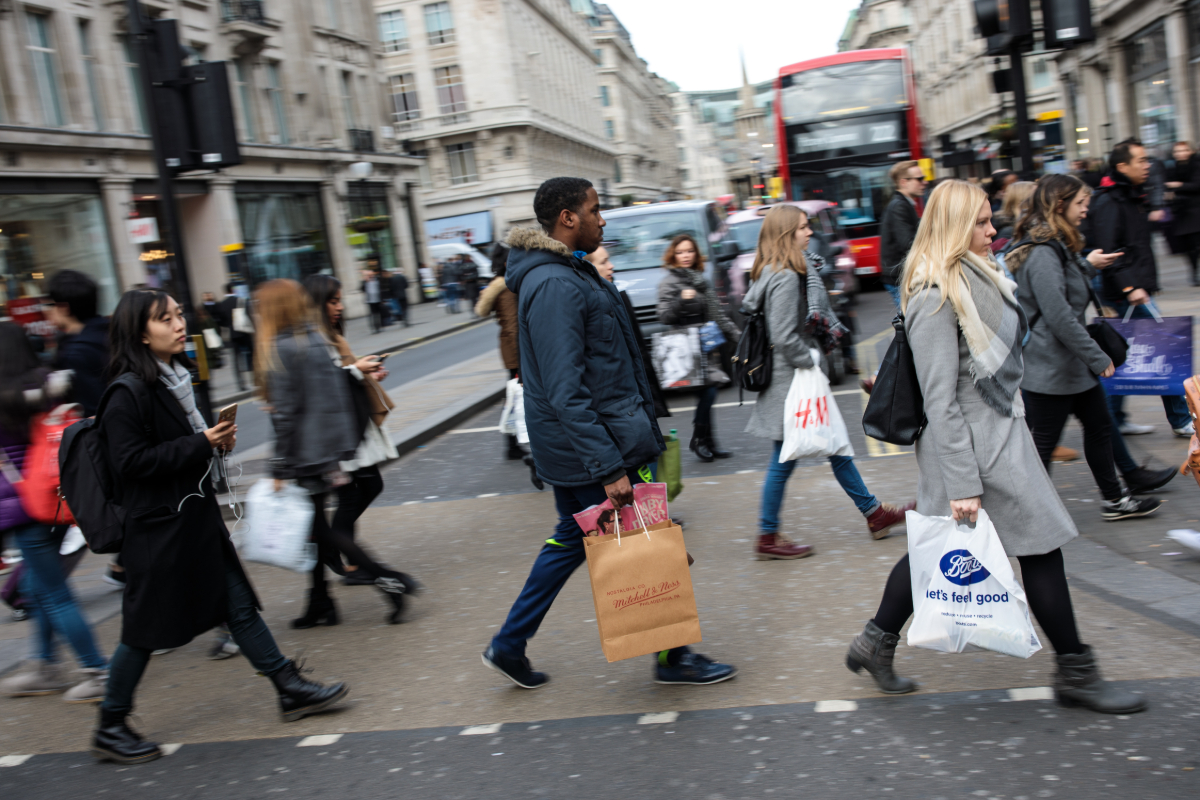Copyright cityam

Footfall at the UK’s shops has declined for the sixth consecutive month, marking another worrying sign for the retail sector. Total activity fell by 0.7 per cent in October, led by drops in shopping centre and retail park footfall, according to the British Retail Consortium (BRC). BRC chief Helen Dickinson said that nervousness around the upcoming Budget, in which Rachel Reeves must plug a multi-billion-pound hole in the government’s finances, was to blame. “With consumer confidence remaining weak ahead of the possibility of a tax-raising Budget, many households have stayed away from shopping centres and retail parks,” Dickinson said. She added that retail locations have “struggled to attract as many customers” in recent years, “buffeted by the high cost of living and poor consumer sentiment”. The UK’s retail sector has been haemorrhaging jobs, with a 10 per cent reduction in its workforce since 2015 and another 10 per cent set to go in the next three years. The combination of low spending, high taxes and rising costs has pushed many firms to the breaking point. “Some retailers have brought forward discounting to tempt early spend [ahead of the festive season]… retailers will be watching closely, hoping to see momentum build in November,” Andy Sumpter, retail consultant EMEA for Sensormatic, said. Shops are looking to the Budget in hopes of relief from business rates, one of the sector’s most-hated taxes. Reeves has promised to reform the business rates system by creating an upper and lower tax band for shops either side of a £500,000 valuation, but the exact levy has yet to be announced. “Now is the moment for the government to deliver on their manifesto’s business rates commitment, exclude retail from the new business rates surtax and ensure a meaningful rates reduction for the industry,” Dickinson said. However, for Brits, the prospect of income tax rises in the Autumn Statement is having a more negative effect: “Shoppers appear to be ‘spooked’ by ongoing economic uncertainty, delaying discretionary purchases and focusing on essentials,” Sumpter said.



